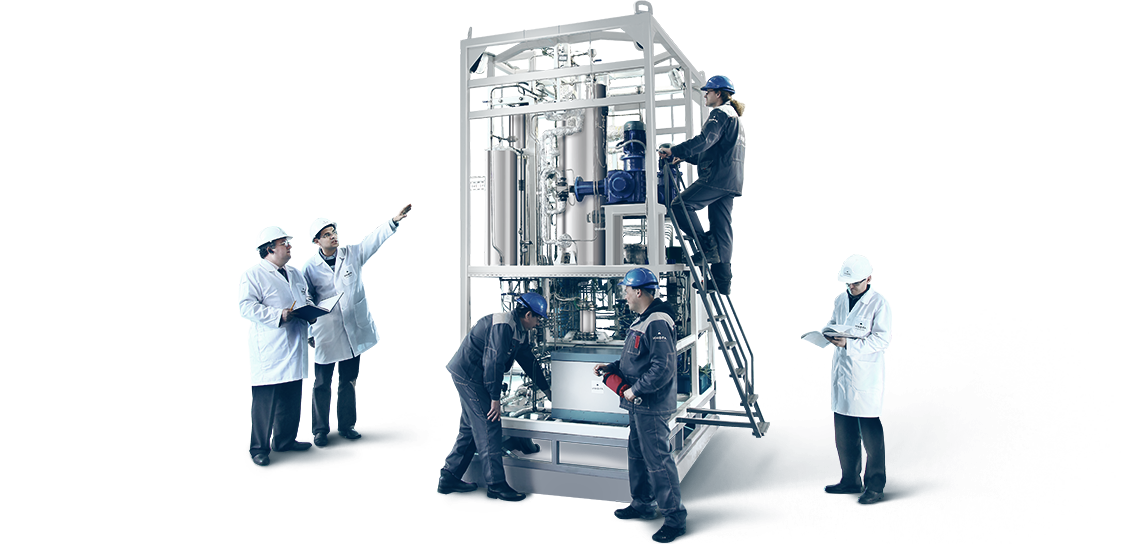
IPL filed a product patent for improved LMP cathodes
27th August 2022
IPL completes an oversubscribed investment round
31st January 2023
Next-generation LFP cathode material (NEXLFP)
(Budget: £1.22m)
Competition name: Faraday Battery Challenge Round 5
Funding body: Innovate UK, Faraday Institution
Project name: Next-generation LFP cathode material (NEXLFP) (Budget £1.22m)
Project partners: Integrals Power, Cranfield University
NEXLFP, is a highly innovative project aiming at developing, scaling up and demonstrating high capacity, high discharge rate and low-cost LFP battery material and cell. This project contributes towards the next milestone of achieving 10 ton/year LFP pilot plant development. This scale will be verified based on the functionalised LFP (developed by Integrals Power) material fitted in high-current pouch cells for LFP performance demonstration which will be tested and evaluated by CU. The advanced material is capable of overcoming the State of the Art, based on the demonstrated superior features including, 40C maximum discharge rate with ~88% of capacity retention at 10C discharge rate.
NEXLFP’s LFP material customers are EV Giga-factories and cell manufacturers that require security of supply and reliable,higher performance LFP material to improve their current LFP cells at a competitive price.
The overall product value propositions for end-users and taxpayers include:
- Higher power density and discharge rate
- ~30% lower cost (or ~30% more capacity)
- 20% less weight & material consumption
- ~3 times more capacity in cold temperatures, at high discharge rates
- Security of supply
A strong consortium that comprises incredible expertise and skills has been established to mature the technology and bring the solution to the market, with a great expected impact for end-users, suppliers and the environment. The expected outcomes are a next-generation LFP battery cell, logical extension of the business strategy and scientific achievement of the consortium which will contribute to the maximisation of revenues, operational growth and competitive position strengthen in EV battery sector.
NEXLFP project will pave the way for joint business venture between UK partners for the manufacture and deployment of an environmentally clean and affordable LFP battery material and cell. This will contribute to climate change mitigation, security of supply, job creation, economical growth and consequently, UK Government’s net zero target plan by 2050.



